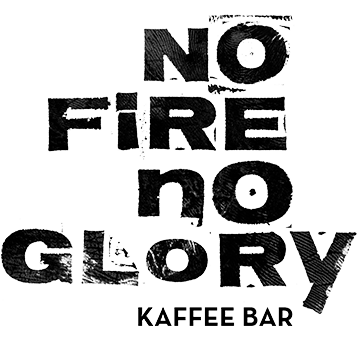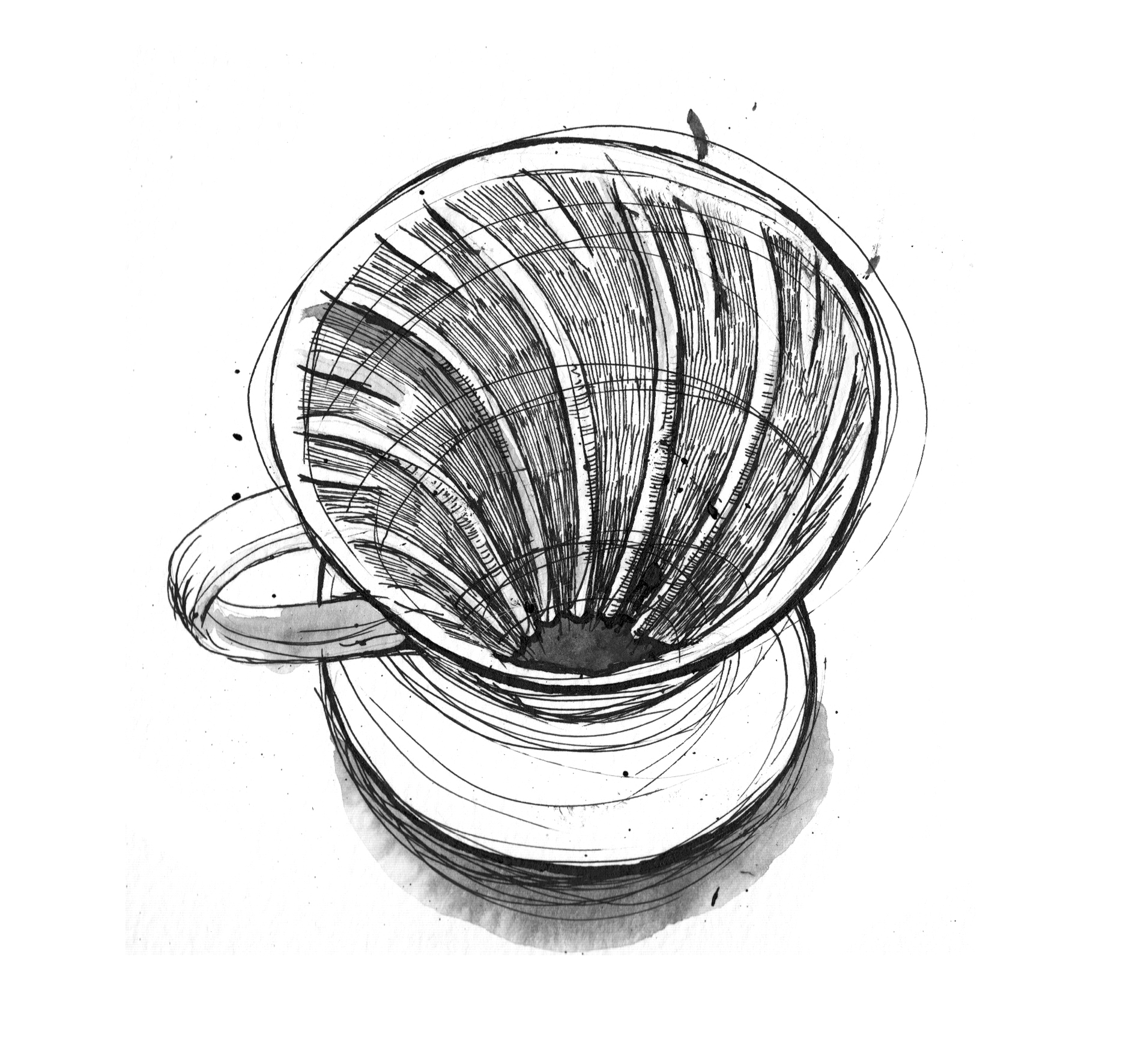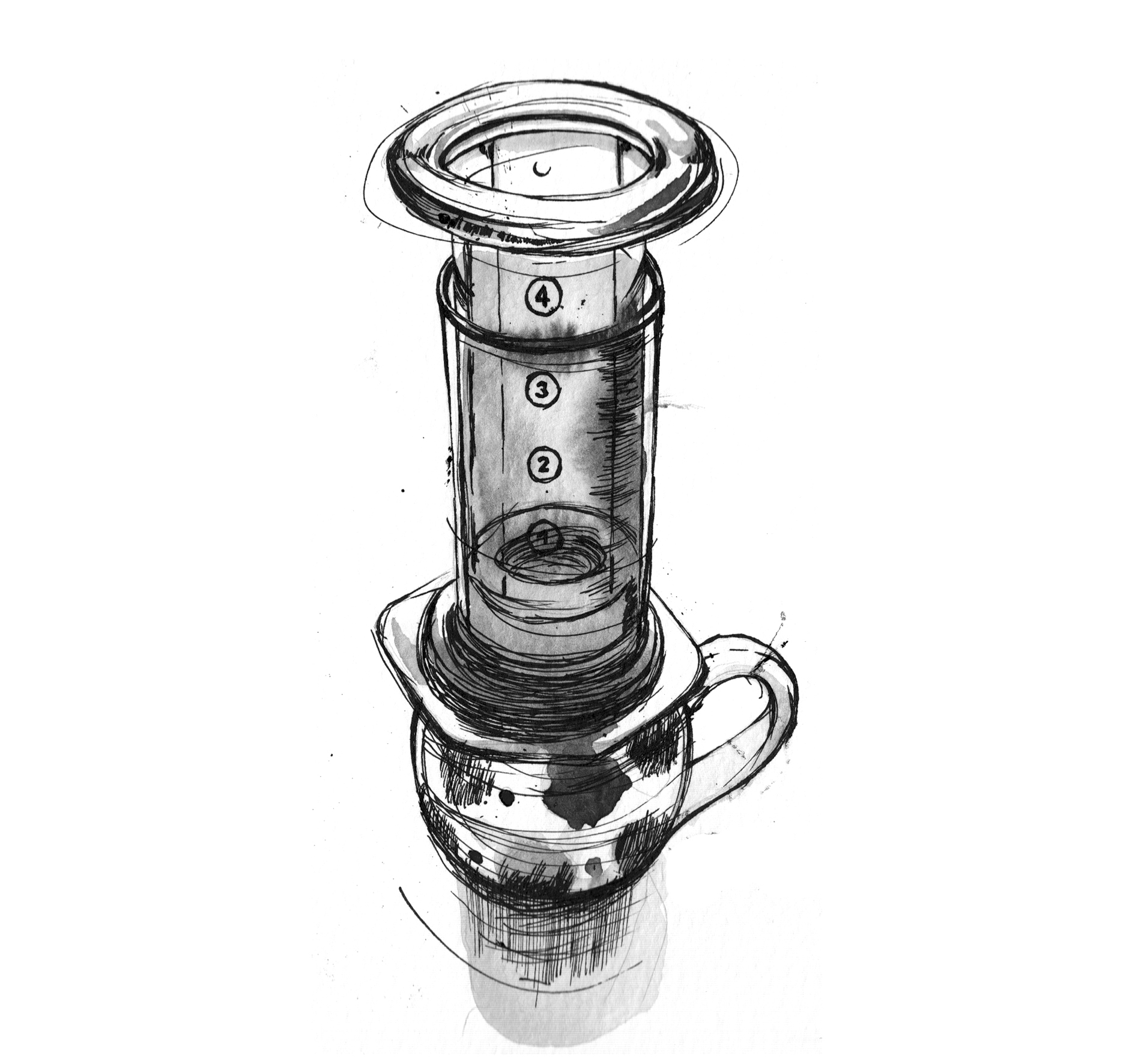|
The Speciality Coffee scene began in the 1970s in the USA, spreading shortly thereafter to Australia, New Zealand, Skandinavia and England, and more recently Germany. This phenomenon is referred to by many as "third wave coffee".
- Wave: Humans have been consuming coffee since the 16th century, long before it was discovered that coffee beans could be roasted. One of the first recorded counts of coffee consumption is as a ceremonial drink in which raw beans were pulverised with spices such as cinnamon and cardamon and mixed with boiling water. Coffee was used largely for medical and religious practices until the stimulating effect of caffeine increased its popularity, resulting in the very first coffee houses in the Muslim world. In the 17th century coffee was introduced into Europe, beginning in France. Coffee was placed into cloth bags and doused with boiling water, thus giving rise to the infusion method. The detrimental side effects of coffee were hotly debated in Europe, with Friedrich the Great enforcing a temporary coffee ban in Prussia. However coffee had already gained such popularity that its triumph was inevitable.
- Wave: The 20th century saw a monumental shift in the international coffee scene when Luigi Bezzera introduced pressurised steam machines, the first of which appeared in production in 1901. In the 1960s, coffee production increased in calibre through the usage of pumps, heat exchangers, thermo syphons and E61 boilers.
- Wave: The "third wave" of coffee incorporates an improvement in all levels of production. Farming and processing methods are now receiving greater attention through the forging of stronger relationships and more direct communication between coffee farmers, handlers and roasters. Of great priority to a direct trader is the selection of only the highest quality beans, which facilitates the use of lighter roast profiles, environmentally sustainable farming methods and higher income for the farmer. Another result of the "third wave" is the introduction of technical modifications in terms of coffee preparation, such as double boiler systems, PID, the Scace device, bottomless portofilters, VST portofilters and the Mojo. Constant education, exacting standards and improvement of ones own capabilities have become second nature for today's coffee connoisseurs, who consider coffee beans to be en par with chocolate or wine in terms of complexity.
In contrast to the conventional "commercial coffee" or "industrial coffee", which is industrially grown and traded on the stock exchange, there is always transparency in the specialty coffee (all coffee beans are traceable to the respective farm). No toxins are used in cultivation. The people working on it are getting paid better and they work towards the highest possible quality and freshness throughout the chain. As a result, with a cup you not only experience how coffee actually tastes, but also improve the environmental situation and social living conditions in the producing countries.
|





